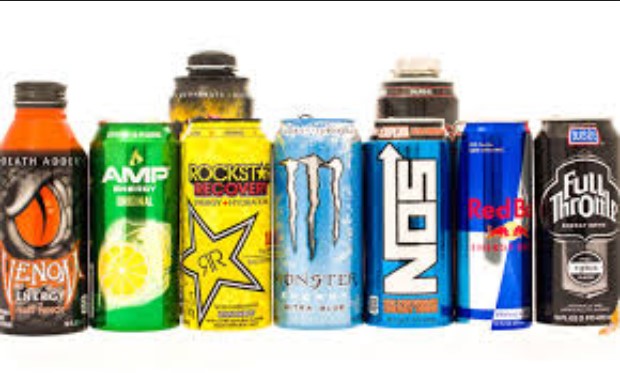Every other day, new sports and energy drinks are hitting the shelves in the stores we frequent. They are coming in all manners of attractive flavorings, and one can hardly resist them. They also come with promises of enhancing performance, ensuring you remain hydrated, and even improving your health. However, one question lingers in most people’s minds—are these drinks necessary?
Read on for an in-depth look at the matter, so next time you can make an informed decision when you think of consuming one.
Sports drinks
Sports drinks refer to beverages that contain most of the nutrients that are often depleted during vigorous workouts. They were made with high-level athletes in mind to help them replace lost fluids and nutrients during extended training. Their ingredients were meant to replace the water and minerals that are lost through heavy sweating. The main ingredients in the beverages are electrolytes, like sodium and potassium, as well as water and carbohydrates (sugars). Some other variants of sports drinks may contain as little as half of the calories in the ordinary ones, and others are even promoted as “recovery” drinks, which have added protein.
A deeper look at sports drinks
But what are sports drinks? Well, these beverages’ main ingredients are sucrose, glucose, and fructose, and may also include high-fructose corn syrup. In reality, all these are various forms of sugar. The sugar content in these drinks is almost equivalent to the amount in a can of ordinary soda. What about those marketed as zero-calorie or reduced-calorie drinks? They contain artificial sweeteners like aspartame and sucralose, which, though they may not supply calories, are of no benefit to the body.
The rule of thumb is to only rely on sports drinks to replace lost electrolytes and fluids if you are exercising for more than one hour, and you should drink them after the first hour. Also, you may use them when working out in a very hot or humid environment. Water is sufficient if you are not working out for so long. Since working out, especially for a long time, is aimed at achieving some goals, you may consider steroids from this site https://120kgs.com to help supplement your workouts to reach your goals faster.
Energy drinks
Energy drinks contain non-nutritive stimulants touted to boost energy, and at the same time they have sugar, which could be more than in sports drinks. The principal and common stimulant in these drinks is caffeine. Additionally, some energy drinks are marketed that they contain herbals, supposedly to enhance alertness or assist in relaxation, but so far there is little supporting evidence. Although caffeine can raise alertness and even boost performance, it may have adverse effects on some people. Caffeine does not replenish lost nutrients. The worst thing is that caffeine is a diuretic—it depletes water from the body, a very serious issue for athletes when working out, as it will dehydrate them further. The stimulants in energy drinks may also pose some possible health threats to children and adolescents, such as problems with their developing brains and hearts.
The final verdict
Sports and energy drinks contain high quantity of sugars, and caffeine for energy drinks. The extra sugar could make you gain too much weight and result in other health issues. You need to consider their benefits and the harmful effects before grabbing any of these beverages. When you really don’t have to consume them, you should instead drink water, which has many benefits, and your body will thank you later.




